Principal investigator

Dr. Pedro Pinho currently an Assistant Research at cE3c Sciences Faculty, University of Lisbon, leading the UrbanLab at cE3c. His research topics are on the effect of environmental changes on ecosystems functioning and provision of services, considering changes with both natural and human origin: urbanization, desertification and land degradation, climate alterations, eutrophication and land-use/cover. He is currently focused on ecology topics, including biodiversity, ecosystem services and nature-based solutions. His work tools include ecological indicators, remote sensing and spatial analysis, modelling and citizen engagement.
Team members
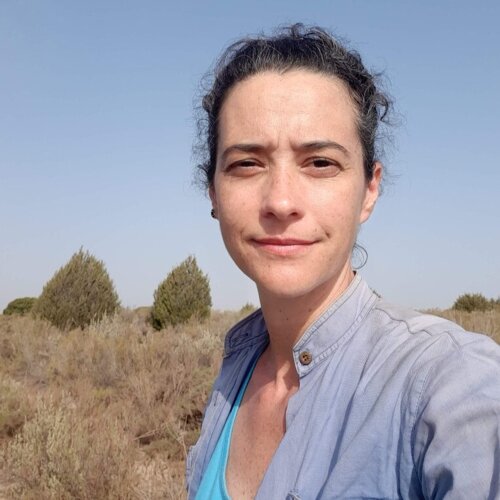
Dr. Cristina Antunes is a plant ecologist specializing in physiological responses of vegetation to water-related environmental changes. She earned her PhD at UNICAMP (Brazil), in collaboration with the ESFE group of cE3c, studying how tropical and Mediterranean coastal dune forests respond to groundwater variation. Her current research focuses on ecohydrology and the effects of falling water tables on woody plants under climatic and anthropogenic stress, aiming to identify vegetation vulnerable to groundwater limitations and future shifts in water availability.
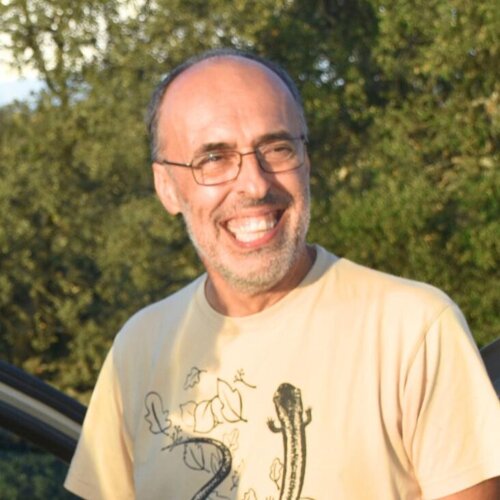
Dr. Rui Rebelo is a professor of Herpetology and Ecology at the University of Lisbon and a researcher in the Freshwater and Invasion Biology (FIB) group of cE3c. He holds a PhD in Ecology and Biosystematics (2002) and focuses on invasion ecology in freshwater systems, alongside work in herpetology and cork-oak woodlands. His research aims to understand and mitigate invasive species impacts, particularly in temporary aquatic habitats, and he leads Portugal’s national eradication program for the African clawed frog (Xenopus laevis).
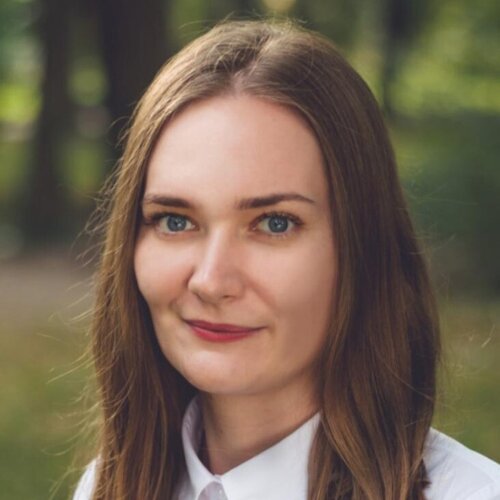
Dr. Vladimíra Dekan Carreira is a Junior Researcher at cE3c in the Urban Ecology group, focusing on freshwater ecosystems. She earned her PhD in Ecology and Biodiversity Protection from TUZVO (Slovakia) in 2020 and completed a postdoc there before joining cE3c. Her research explores aquatic insects, macroinvertebrate biomass, plant litter decomposition, and water quality assessment. Currently, she contributes to projects on nature-based solutions, aquatic ectotherm responses, and plant invasions, aiming to understand biodiversity’s role in ecosystem functioning and freshwater ecosystem health.
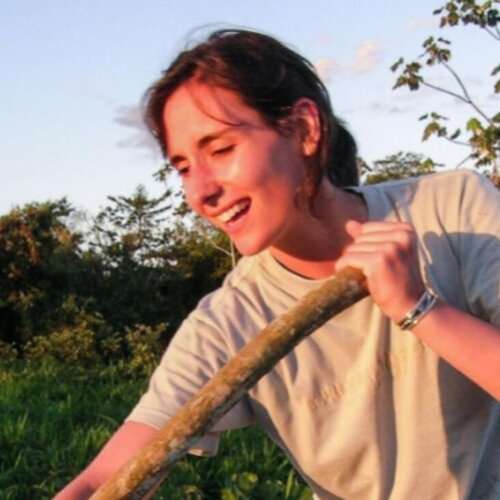
Dr. Joana Martelo is a postdoctoral researcher at cE3c working on the NET-REWIRE project, exploring how climate warming and species invasions rewire food webs. She completed her PhD in Ecology at the University of Lisbon in 2014 and previously worked at MARE, contributing to multiple projects on aquatic invasions and ecosystem services. Her research focuses on fish communities in intermittent streams, using field and experimental data, stable isotopes, and modeling to understand community assembly, trophic interactions, and conservation-relevant ecosystem responses.
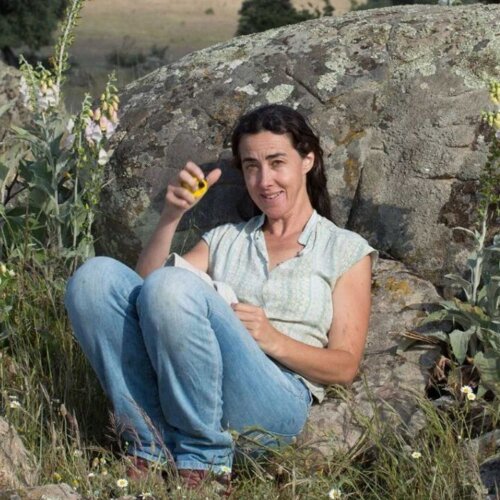
Ana Júlia Soares Pereira is a PhD candidate in Plant Ecology at the University of Lisbon, funded by FCT and supervised by researchers from CE3C, Rey Juan Carlos University, and Kew Gardens. Her research explores how ecological, evolutionary, and human factors shape the biodiversity of traditional Mediterranean farmland, focusing on species-rich olive groves on basic soils. With a strong background in botany and vegetation surveys, Ana also contributes to plant conservation efforts through fieldwork, public engagement, and her involvement with Flora-On and SPBotânica.
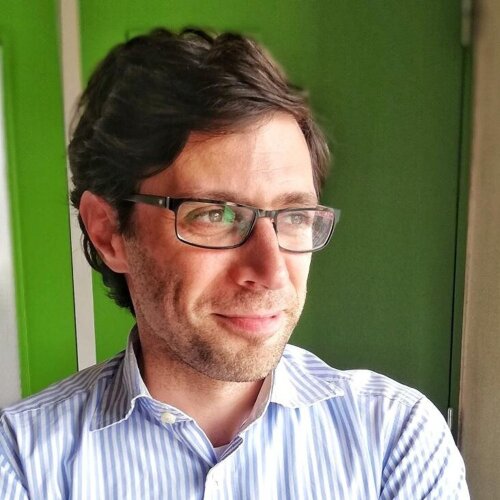
Dr. Luís Filipe Dias holds a Ph.D. in Urbanism from the University of Lisbon (2016) with a focus on urban resilience to climate change. Currently a researcher in the Plant Functional Ecology group at CE3C and a professor in the Climate Change and Sustainable Development Policies PhD program, his work centers on eco-hydrology, climate services, and flood risk assessment. His research aims to enhance water management, support climate adaptation, and promote urban resilience through nature-based solutions and advanced modeling tools.
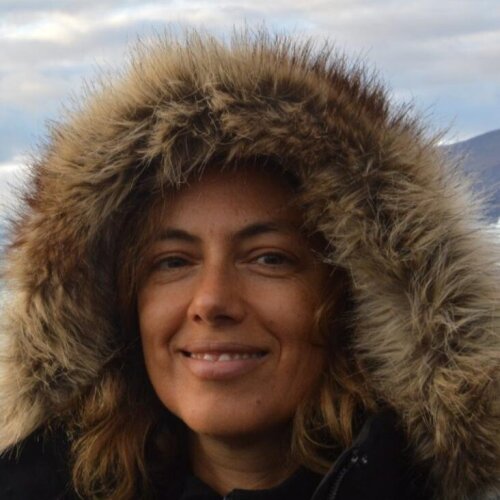
Dr. Cristina Branquinho holds a Ph.D. in Biology (Ecology) from the University of Lisbon (1997) and leads the Ecology of Environmental Change group at CE3C. As an Associate Researcher at the Faculty of Sciences, her work focuses on ecosystem-level responses to environmental change, including eutrophication, pollution, and climate change. She is active in international networks and standardization committees. Her research aims to understand dryland ecosystem functioning, develop early ecological indicators, and assess the role of urban biodiversity in ecosystem services.
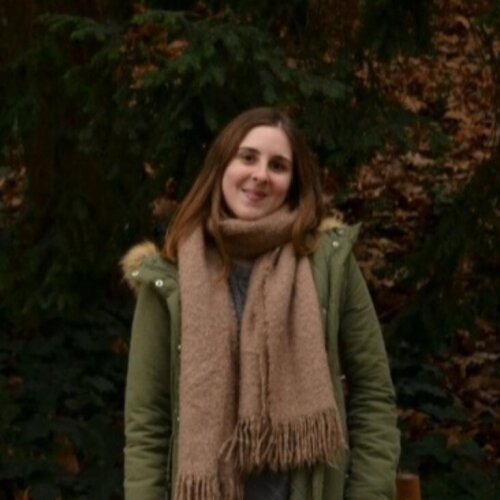
Juliana Polido Monteiro is a Ph.D. candidate in Biology at the University of Lisbon since 2018, working within the Ecology of Environmental Change research group of CE3C. Her project focuses on the functional ecology of moss-dominated biological soil crusts (BSCs) to support the ecological restoration of degraded areas. Her research aims to (i) evaluate how soil degradation affects BSC taxonomic and functional diversity, (ii) identify key functional traits of BSCs for restoring soil processes, (iii) develop cost-effective methods for cultivating functionally relevant moss-dominated BSCs, and (iv) assess the restoration potential of lab-grown BSC transplants in degraded environments.